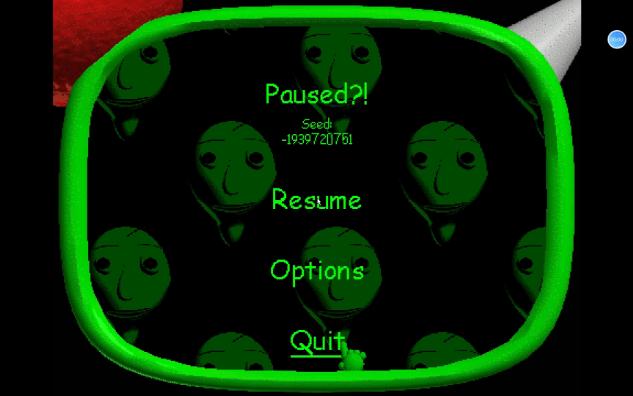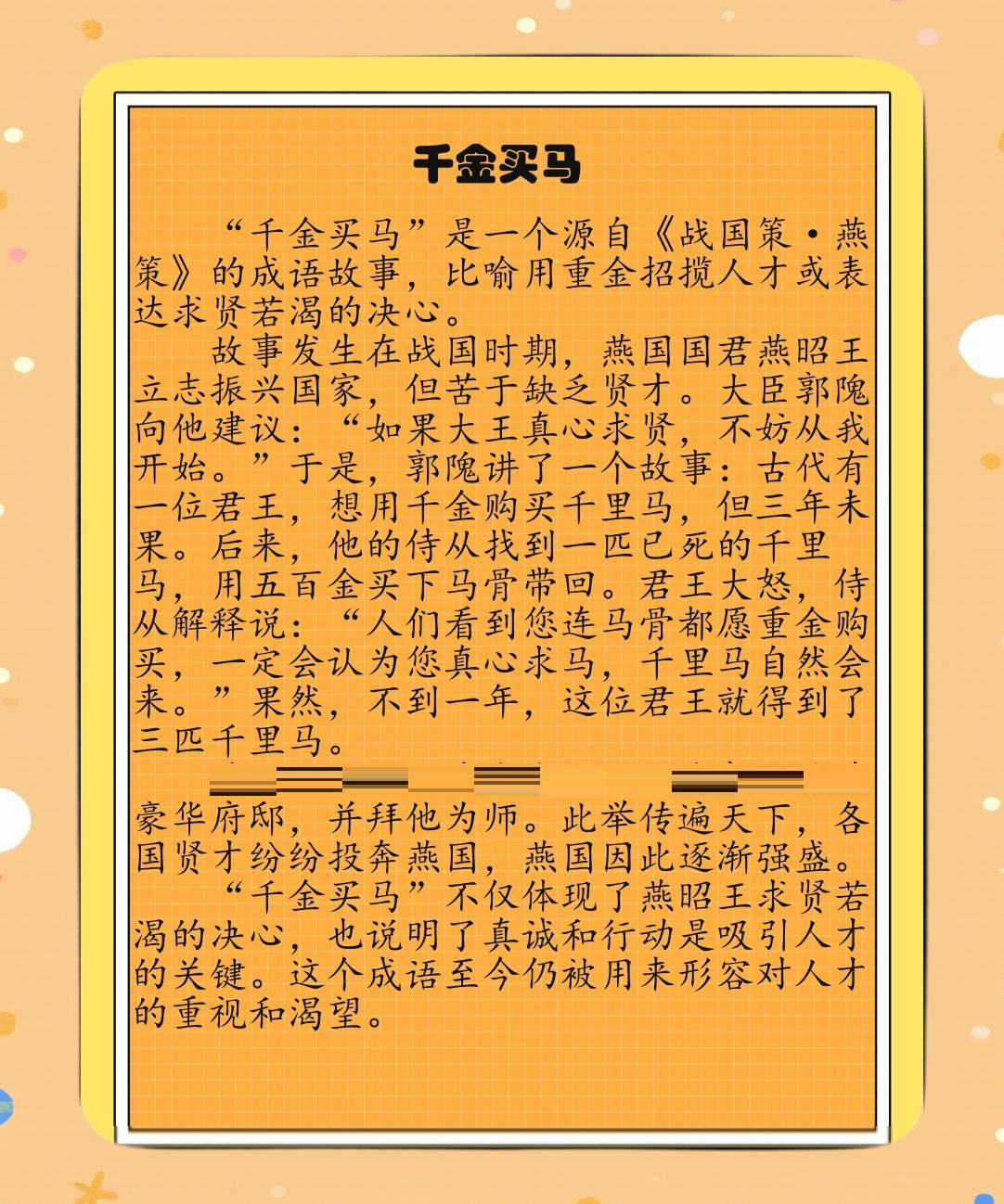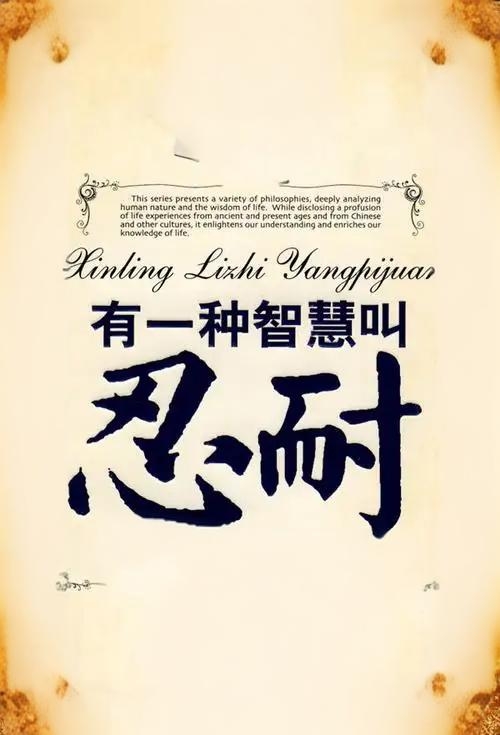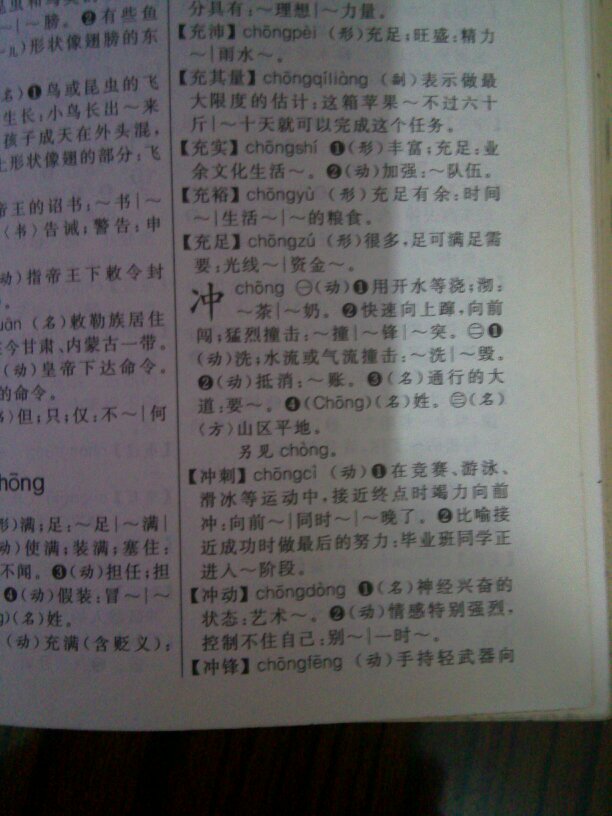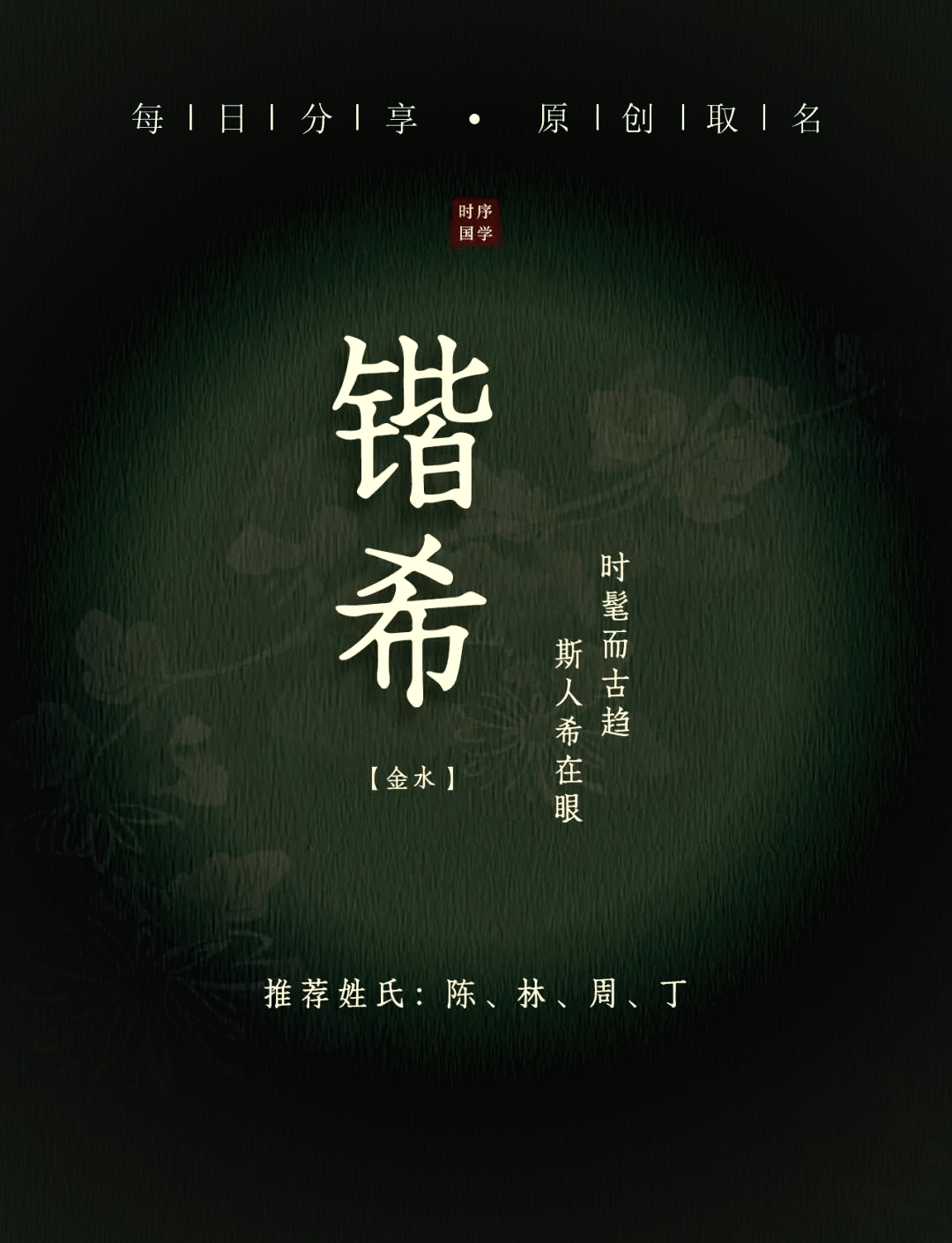天道
tiān dào
详解
天地万物的存在与变化所遵循的基本法则,与“人道”相对。古人对“天道”的理解并不相同:其一,认为“天道”尤其是与日月星辰运行有关的天象暗示或决定着人事的吉凶成败。古代有专门的职官负责通过对天象的观察来推知人事。其二,认为“天道”是人的道德与人伦秩序的根源或依据。人的言行以及人伦秩序应该效法于“天道”,或者通过体认、发挥“天”所赋予的心性来通达“天道”。其三,认为“天道”与人世的道德、秩序乃至人事祸福之间都没有必然的关联。
Way of Heaven
The way of heaven refers to the basic rule governing the existence and changes of all things between heaven and earth, as opposed to “the way of humans.” Ancient Chinese interpreted “the way of heaven” in different ways. First, some believed that “the way of heaven,” especially the celestial phenomena relating to the movements of the sun, the moon, and the stars, foretell or dictate the success or failure of human affairs. In ancient times, designated officials predicted human affairs through observing celestial phenomena. Second, some believed that “the way of heaven” was the source or the basis of man’s moral conduct and of orderly human relations. One should comply with “the way of heaven,” in both words and deeds, so should human relations; and people should recognize and develop the moral nature bestowed upon by heaven so as to gain access to “the way of heaven.” Third, still others thought that there were no particular correlations between “the way of heaven” on the one hand, and moral conduct in the human world, human relations, as well as misfortune and fortune in human affairs on the other.
【引例】
诚者,天之道也;诚之者,人之道也。
《礼记·中庸》
◎ “诚”,是天的法则; 达到“诚”,是人的修养的路径。
◎Integrity is what the way of nature requires; acting with integrity is the way to achieve self-refinement. (The Book of Rites)
● 由《中华思想文化术语》编委会授权发布 ●
往期说文载道
狂狷
小说
风骨
缘起
良知
性
乐而不淫,哀而不伤
王道
知音
信言不美,美言不信
修齐治平
无为
有教无类
法治
格调
太学
有德者,必有言
肌理
天下
虚静
协和万邦
大同
顺天应人
诗言志
人文化成
文气
雅俗
社稷
民惟邦本
史才三长
神思
自然英旨
日新
九州
怀远以德

江山
滋味
仁
体用
镕裁
自强不息
意兴
居安思危
法不阿贵
格物致知
唇亡齿寒

会心
吴越同舟
君子
别材别趣
讽谕
逍遥
阴阳
人道
有德者必有言
一
人文
民胞物与
华夏
非攻
境界
般若
直
四书
相反相成
选举
文章
隐秀
文以载道
气质之性
以直报怨
微信:newsplus
网站:NEWSPlusRadio.cn
荔枝 FM:英语环球
搜狐新闻客户端:英语环球广播
新浪微博:英语环球广播
